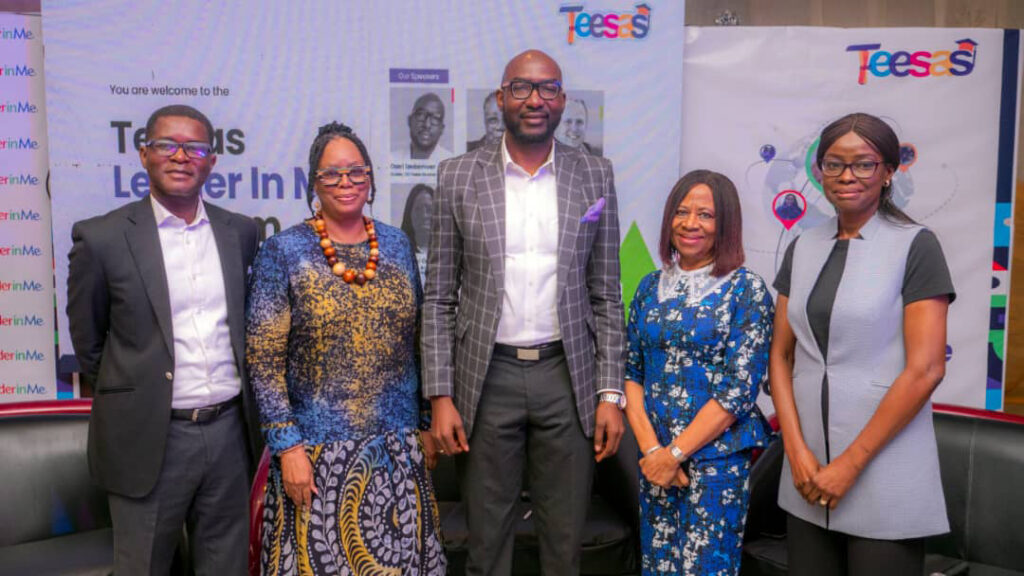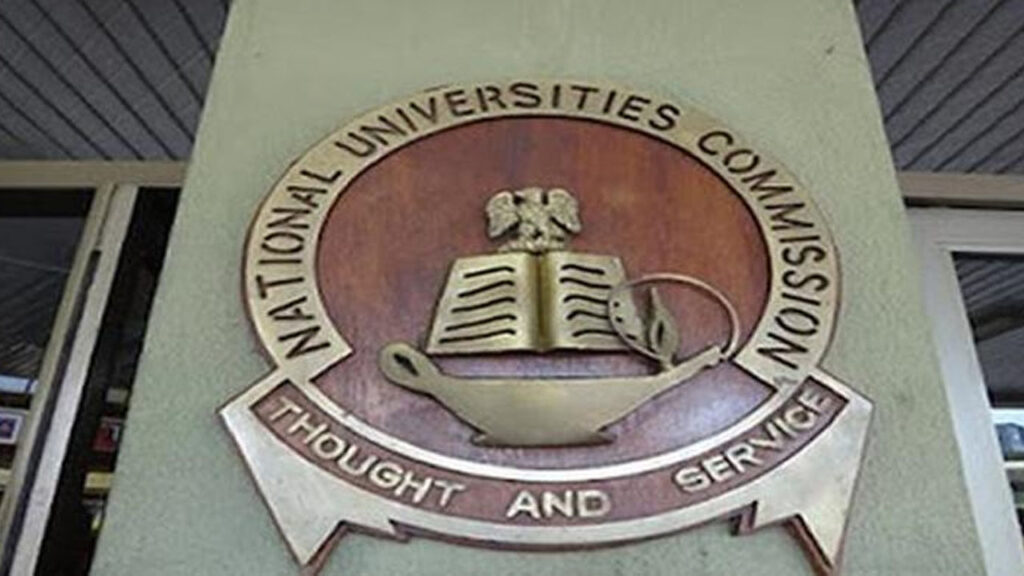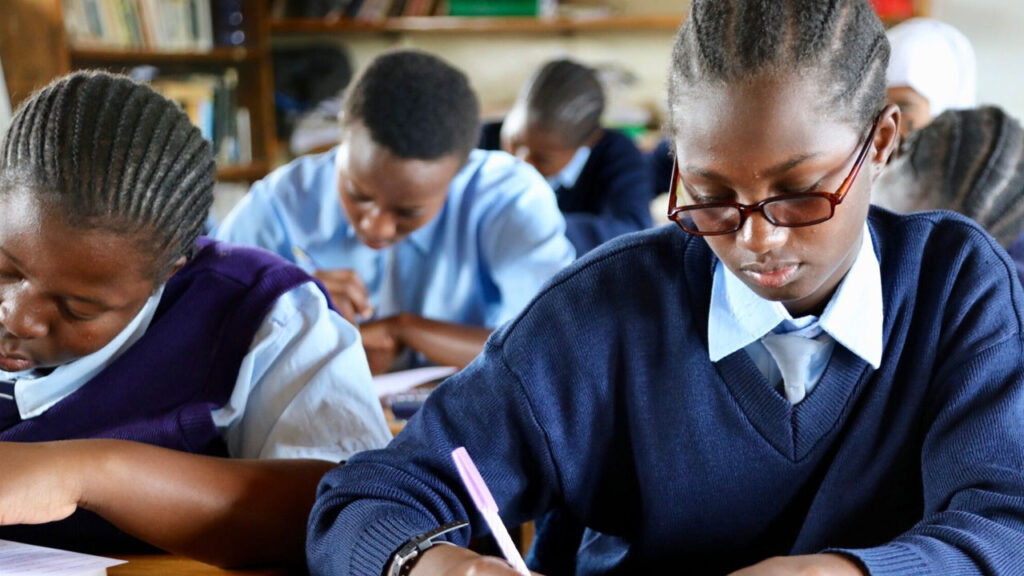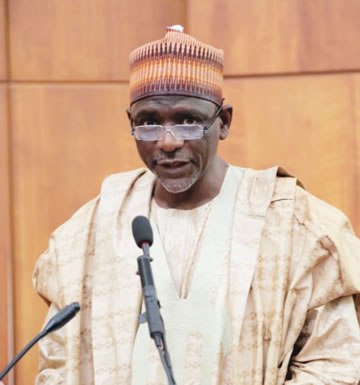
Language educators in Nigeria have called on the government to compel colleagues without teaching qualifications to embark on further studies in education to improve their content and pedagogical knowledge.
Rising from their three-day biennial conference and capacity building for language teachers at the University of Ibadan (UI), the International Association of Language Educators (IALE), also sought the implementation of a bilingual/multilingual medium of instruction policy to create a more inclusive learning environment linguistically, given the multi-cultural nature of today’s classrooms.
In the communique signed by the association’s president, Prof. David Fakeye, the conference recommended that language teachers should attend conferences, workshops, and seminars periodically to hone their content exposure and teaching skills, to improve their classroom experiences and for effective classroom practices.
They urged teachers of language to explore the benefits of the use of the Internet and other emerging technologies in teaching their areas of specialisation.
Participants also stressed the need for literature teachers to organise reading clubs and embrace other programmes to complement classroom teaching.
Besides, they urged language teachers to pay attention to factors such as teacher-student interaction, pedagogical practices, motivation, demographic variables, and cultural sensitivity, to promote positive and inclusive language learning classrooms.
The teachers also called on both the West African Examination Council (WAEC) and National Examination Council (NECO), to either examine the oral aspect of the English Language appropriately or rename paper three of the English Language examination “Alternative to test of orals.
They emphasised the use of the language of the immediate environment to enhance the smooth transition from home to school.
Participants also recommended that teaching of French Language should be given more attention, to give wider international opportunities to students.
The association restated its accommodation of all major specialist languages, including French, Yoruba, Igbo, and Hausa, in addition to English in its operations and conferences.
The conference encouraged language teachers to boldly delve into entrepreneurial opportunities within their discipline, not only to combat poverty, but to support the national economic revitalisation of the government.












